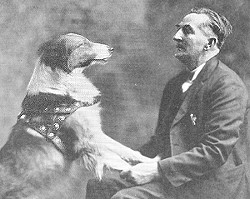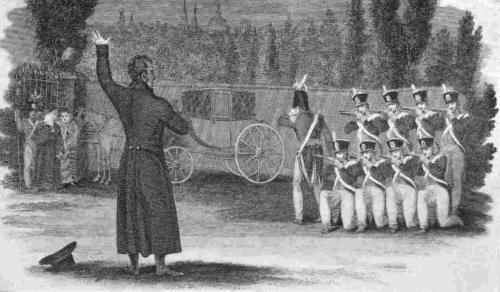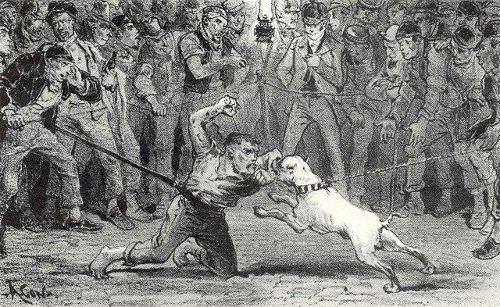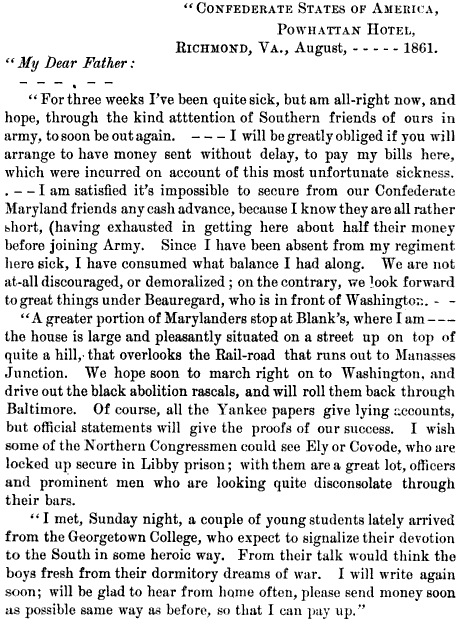
In 1923, the Brazier family traveled from Oregon to Indiana, bringing their 2-year-old collie/shepherd mix, Bobbie. They were separated in Wolcott, Ind., when Bobbie was chased off by a group of local dogs, and after three weeks the family reluctantly returned to Oregon.
Exactly six months later, the family’s youngest daughter was walking down a Silverton street when she recognized a bedraggled dog. At her voice he “fairly flew at Nova, leaping up again and again to cover her face with kisses and making half-strangled, sobbing sounds of relief and delight as if he could hardly voice his wordless joy.”
He had traveled more than 2,500 miles. He was identified by three scars, and by letters the family later received from people who had housed and fed him along the way. The “wonder dog” received national publicity, and well-wishers gave him a jewel-studded harness, a silver collar, keys to various cities, and “a miniature bungalow, which weighed about nine hundred pounds, with eight windows curtained with silk.” He died in 1927, and Rin Tin Tin laid a wreath on his grave.






